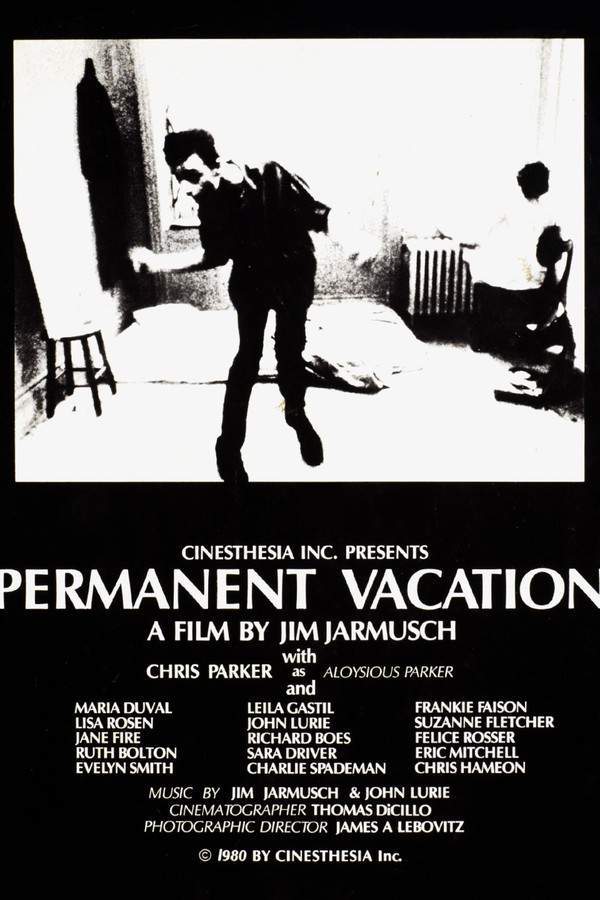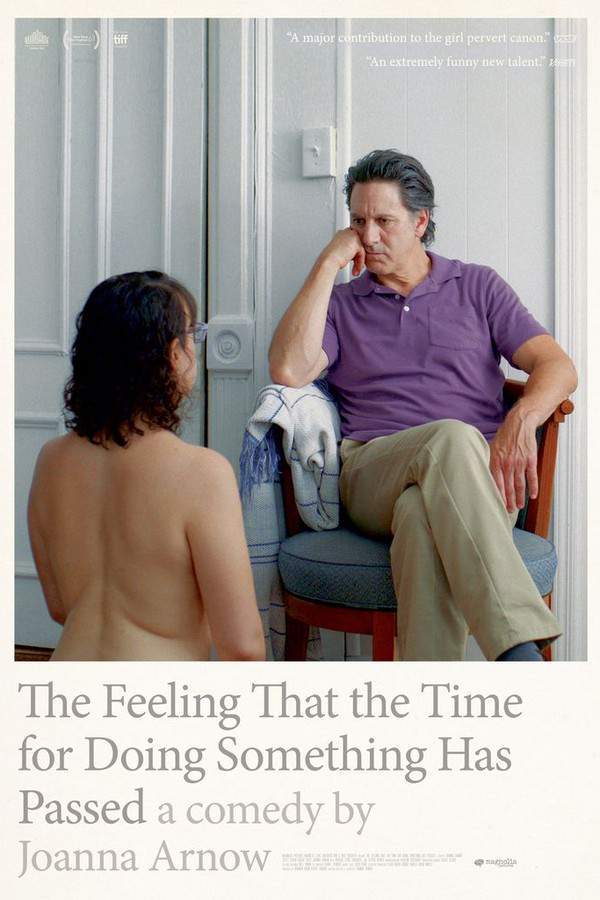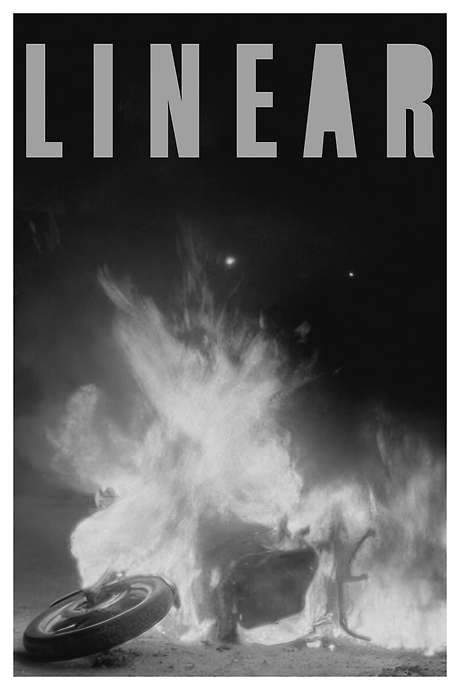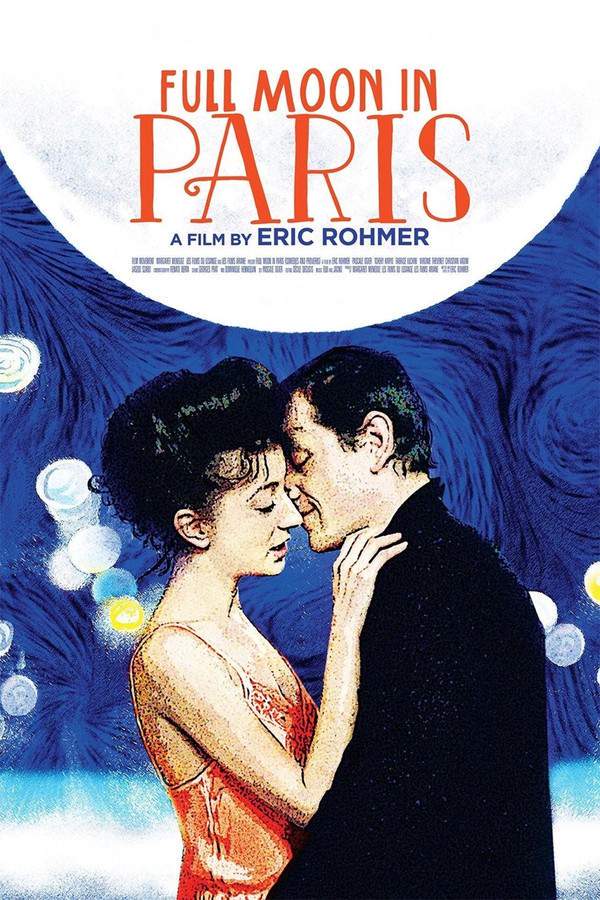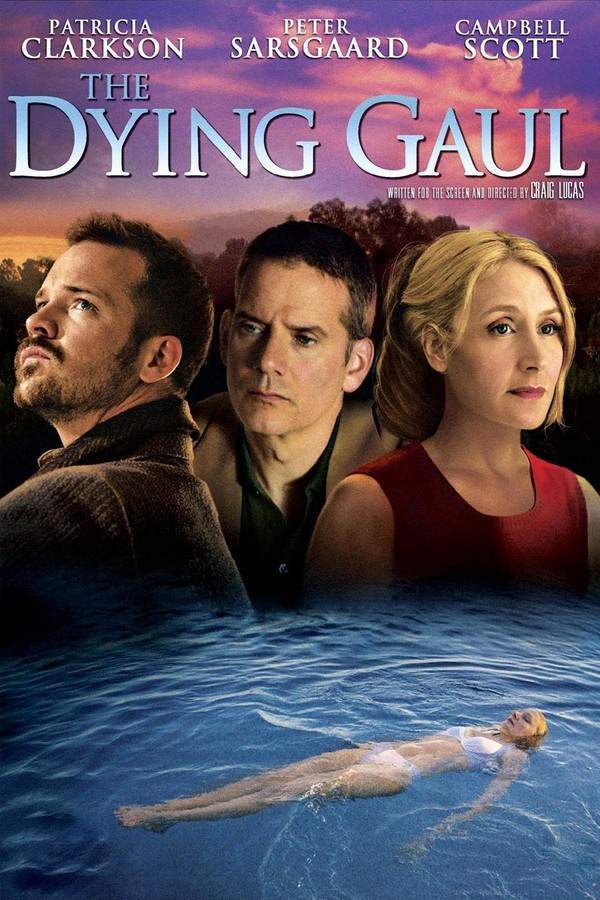
Masculine Feminine
Year: 1966
Runtime: 103 min
Language: French
Director: Jean-Luc Godard
Paul, a young idealist, struggles with adulthood and the pull of commercialism. He becomes involved with Madeleine, a pop star seeking fame, and their relationship unfolds against a backdrop of artistic ambitions and fleeting connections. As Paul experiences disillusionment, he questions the meaning of success and the compromises it demands. The film explores themes of love, ambition, and the search for identity in a rapidly changing world.
Warning: spoilers below!
Haven’t seen Masculine Feminine yet? This summary contains major spoilers. Bookmark the page, watch the movie, and come back for the full breakdown. If you're ready, scroll on and relive the story!
Masculine Feminine (1966) – Full Plot Summary & Ending Explained
Read the complete plot breakdown of Masculine Feminine (1966), including all key story events, major twists, and the ending explained in detail. Discover what really happened—and what it all means.
Paul, a young idealist recently discharged from military service, embarks on a search for employment. While at a café, he encounters Madeleine Zimmer, a young singer aspiring to record her music. Their day takes a dark turn when they witness a heated argument between a woman and her partner, which escalates to the point where the woman pulls out a gun and fatally shoots him. Following this shocking incident, Paul meets up with his friend Robert Packard, a journalist who persuades him to sign a petition advocating for the release of several artists and writers in Rio de Janeiro who have been accused of opposing state policies.
As Paul secures a job at a magazine, he has an awkward confrontation with Madeleine in a bathroom, where he expresses his hope for an outing that evening. However, she challenges his notion of “going out,” leaving him speechless, and reveals that her earlier promise was insincere. With the French presidential election of December 1965 approaching, Paul turns 21 and finds himself increasingly drawn to Madeleine. She introduces him to her roommate, Elisabeth Choquet, and they also connect with Catherine-Isabelle, whom Robert is infatuated with. Paul joins Robert in pasting posters around Paris and expresses his protest against the Vietnam War by painting “Peace in Vietnam” alongside a U.S. Army vehicle.
Madeleine is gearing up for the release of her debut single under RCA Records. On the big day, Paul takes her to their café, intending to propose, but Madeleine, preoccupied with the release, postpones the conversation about their future. He records a heartfelt message for her in a coin-operated booth, only to be approached by a man who unexpectedly stabs himself. During a visit to a laundromat, Paul shares his unsettling sense of being followed with Robert, who, engrossed in a newspaper, passionately discusses folk singer Bob Dylan, whom he refers to as a “Vietnik.”
Life takes a turn as Paul moves in with Madeleine, Elisabeth, and Catherine, ultimately leaving his magazine job to work as a pollster for IFOP. He interviews a young woman named Elsa, broaching subjects that include politics, romantic relationships, and contraception. In a candid moment at the café, Paul informs Elisabeth of Madeleine’s pregnancy, although she expresses skepticism about the news. They later have an unexpected encounter with the woman who shot her partner, now involved in sex work, and witness a theatre director directing an actress. The group then attends a cinema where Madeleine professes her love to Paul. Excited yet compelled to act, Paul steps out to spray-paint an anti-Charles de Gaulle slogan on a nearby wall, prompting insights from Robert regarding the revolutionary role of workers.
A shocking event occurs when a man borrows matches from Paul, only to use them in a self-immolation act, leaving behind a haunting message that reads “Peace in Vietnam.” Paul and Catherine visit Madeleine in the recording studio during her latest session, but she appears emotionally detached. After an encounter with a reporter, Madeleine requests Paul to get a car on her behalf. Embodying a military general’s persona, Paul demands a car from the war ministry, and they depart together.
As the months pass from January to March 1966, Paul persists in conducting opinion polls focused on politics and relationships. However, he comes to realize that his subjectivity impacted the sincerity of the responses he received. At a police station, Catherine recounts an incident where Paul is said to have purchased an upscale apartment. Tensions rise as Madeleine expresses a desire to have Elisabeth move in with them, a proposal that Paul firmly opposes. Ultimately, reports indicate that Paul may have fallen from a window, raising questions among those close to him about whether it was an accident or suicide. Meanwhile, a pregnant Madeleine faces uncertainty about her future path as she speaks with authorities.
Last Updated: November 16, 2024 at 18:46
Explore Movie Threads
Discover curated groups of movies connected by mood, themes, and story style. Browse collections built around emotion, atmosphere, and narrative focus to easily find films that match what you feel like watching right now.
Movies about youthful disillusionment like Masculine Feminine
Stories of hopeful youth confronting the gap between ideals and reality.If you liked the theme of youthful idealism clashing with reality in Masculine Feminine, explore these movies about characters facing romantic, political, or artistic disillusionment, searching for meaning in a confusing world.
Narrative Summary
These narratives often follow a coming-of-age arc that subverts traditional growth, focusing instead on a character's intellectual and emotional unraveling. The plot is less about achieving goals and more about the process of questioning them, typically leading to an ambiguous or bittersweet conclusion that reflects unresolved searching.
Why These Movies?
Movies are grouped here for their shared focus on the painful transition from naive hope to cynical or alienated awareness. They share a melancholic tone, a character-driven pace, and a thematic core centered on the generation gap and the loss of innocence.
Fragmented observational films like Masculine Feminine
Cinematic mosaics of city life, blending character studies with social observation.Fans of the French New Wave style and observational feel of Masculine Feminine will enjoy these movies that use vignettes and slice-of-life moments to explore characters and society, often with a loose, conversational structure.
Narrative Summary
The narrative pattern is associative and episodic, preferring atmosphere and thematic resonance over linear causality. Stories unfold through glimpses into characters' daily routines, philosophical discussions, and chance meetings, creating a cumulative effect rather than a driven plot. The structure itself mirrors the themes of fragmentation and transience.
Why These Movies?
These films are united by their non-traditional narrative structure, their emphasis on mood and atmosphere over plot, and their interest in capturing the texture of everyday life. They often feel more like a collection of moments than a single story, demanding an engaged, interpretive viewership.
Unlock the Full Story of Masculine Feminine
Don't stop at just watching — explore Masculine Feminine in full detail. From the complete plot summary and scene-by-scene timeline to character breakdowns, thematic analysis, and a deep dive into the ending — every page helps you truly understand what Masculine Feminine is all about. Plus, discover what's next after the movie.
Masculine Feminine Timeline
Track the full timeline of Masculine Feminine with every major event arranged chronologically. Perfect for decoding non-linear storytelling, flashbacks, or parallel narratives with a clear scene-by-scene breakdown.

Characters, Settings & Themes in Masculine Feminine
Discover the characters, locations, and core themes that shape Masculine Feminine. Get insights into symbolic elements, setting significance, and deeper narrative meaning — ideal for thematic analysis and movie breakdowns.

Masculine Feminine Spoiler-Free Summary
Get a quick, spoiler-free overview of Masculine Feminine that covers the main plot points and key details without revealing any major twists or spoilers. Perfect for those who want to know what to expect before diving in.

More About Masculine Feminine
Visit What's After the Movie to explore more about Masculine Feminine: box office results, cast and crew info, production details, post-credit scenes, and external links — all in one place for movie fans and researchers.

Similar Movies to Masculine Feminine
Discover movies like Masculine Feminine that share similar genres, themes, and storytelling elements. Whether you’re drawn to the atmosphere, character arcs, or plot structure, these curated recommendations will help you explore more films you’ll love.
Explore More About Movie Masculine Feminine
Masculine Feminine (1966) Scene-by-Scene Movie Timeline
Masculine Feminine (1966) Movie Characters, Themes & Settings
Masculine Feminine (1966) Spoiler-Free Summary & Key Flow
Movies Like Masculine Feminine – Similar Titles You’ll Enjoy
From the Land of the Moon (2017) Detailed Story Recap
Lover for a Day (2018) Movie Recap & Themes
France (2021) Story Summary & Characters
Full Moon in Paris (1984) Full Movie Breakdown
The Dying Gaul (2005) Complete Plot Breakdown
Paris (2009) Story Summary & Characters
French Postcards (1979) Ending Explained & Film Insights
Féminin plurielles (2018) Full Movie Breakdown
Boy Meets Girl (1984) Story Summary & Characters
Boyfriends and Girlfriends (1987) Full Movie Breakdown
A French Woman (1995) Story Summary & Characters
Anatomy of a Relationship (1976) Spoiler-Packed Plot Recap
One Sings, the Other Doesn’t (1977) Full Summary & Key Details
Femmes femmes (1974) Story Summary & Characters
Nouvelle Vague (2025) Plot Summary & Ending Explained


